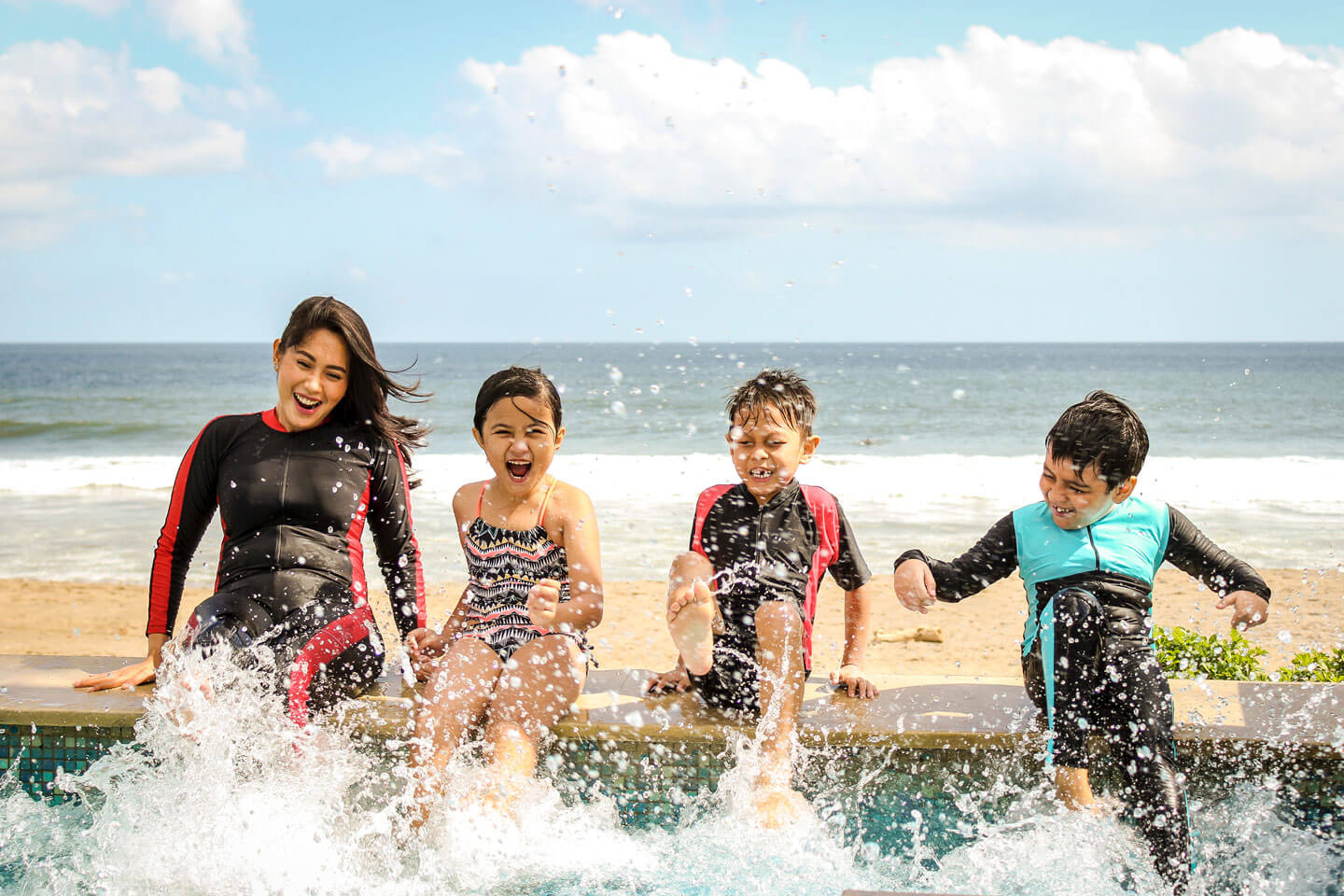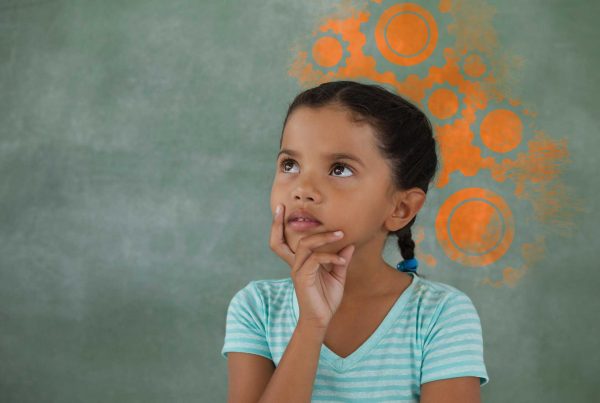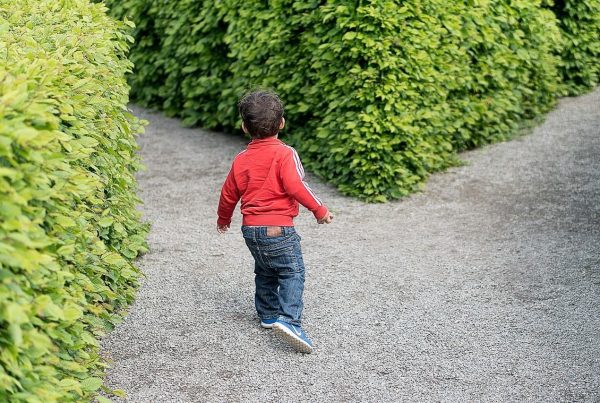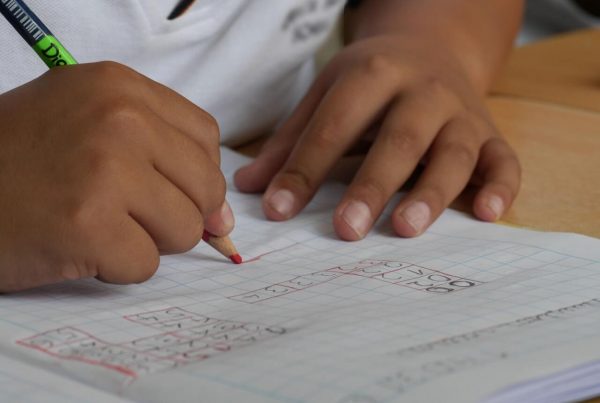
Social skills are an essential part of children’s development. These skills are needed throughout life to appreciate, understand and interact with others. From navigating various social settings to developing friendships, having social awareness is one of the fundamentals of life.
There are many ways parents can encourage these skills. The following social skills activities all encourage social skills for kids in fun and meaningful ways.
Taking Turns: Teaching Reciprocity to Babies
Taking turns is one of the most basic social skills, and is needed from a very young age. Without turn-taking, children will have problems sharing, playing games, following directions and with other situations.
Thankfully, taking turns is one of the easiest social skills to teach and you can begin at a very young age. In fact, babies will even begin exploring this concept themselves with the dropping game. Although you may get tired of repeatedly picking up an item that’s intentionally dropped by your baby, this is actually a game that teaches the concept of reciprocity. They drop it, and you pick it up while saying “my turn”. You give it back while saying “your turn”. Essentially, you’re both taking turns, which is what makes this a fun game for your child.
Of course, there are many other turn-based games that teach social skills for kids. From taking turns pressing buttons on elevators to handing a toy back and forth, there’s no end to what you can do. Even conversations, where one person speaks and the other responds, involves alternating turns.
The Name Game: Encouraging Introductions
The name game builds on taking turns, and also begins to teach the concept of introducing oneself.
For the game, everyone sits in a circle and passes an object from one person to the next. The object can be a stuffed toy that’s actually passed, a ball that’s rolled or almost anything else that’s safe. When each child gets the item, they pause and say their name. It’s simple and encourages taking turns with verbal expressions along with an object.
Singing Together: Promoting Cooperation
Preschoolers are often interested in helping others who need assistance. Offering help shows a certain level of capability and responsibility. The more a child feels connected with others, the more they’ll want to help. As a parent, you can promote this connectedness and cooperation with something as simple as singing.
Singing together is a fun and creative way for children to participate in a group activity while demonstrating self-expression and cooperation. Kids can choose to sing in a silly manner, dance as they sing, or even use hand gestures as they’re singing. Anyone who wants to just sit and sing quietly can do that too, and some might just decide to watch others.
However children participate in this activity, they’ll develop deeper bonds with their fellow participants. These bonds will translate into more collaboration, empathy, and reciprocal connectedness.
Charades: Expressing Emotions
The social skills needed in a game of charades increase dramatically once the focus is emotionally-based. Rather than acting out an animal or object, ask each child to give their charade an emotion. They’ll learn to identify various emotions, such as anger, sadness, happiness, and fear, and they’ll have experience expressing those different feelings. Children who are watching will also have the experience of observing other people’s emotions as they try to guess how the animal or object is feeling.
Focusing on emotions is especially important in social skills. It promotes empathy, awareness of others’ perspectives, and tolerance for differing viewpoints. Having awareness and experience with varying emotions will also foster self-respect, appropriate boundary-setting, and self-advocacy in children.
Formal Social Skills Activities to Promote Social Skills for Kids
In addition to these ideas, formal social skills activities that promote social skills for kids can also be profoundly beneficial. Children can gain specific social skills through various social thinking games at the Little Thinkers Center.



